Knowing how to securely tie down an ATV on a trailer or truck bed is an invaluable skill. It prevents grimace-inspiring damage to the ATV and to other vehicles, possible injury to people, and sometimes trouble with the law.
Ratchet straps are both the easiest and the most secure way to tie down your ATV. You will need two to four of them, depending on the method you'll be using. It may be a good idea to go ahead and purchase four so you are prepared to play around with and vary your options whenever you like.
Most ATVs need ratchet straps that measure one to two inches wide, but the heaviest ATVs may need wider straps.
Make sure to only use high quality ratchet straps in good condition. You don't want them to break while you're attaching them and leave you unprepared for your ride or break while you're driving and do you no good.
Don't try to use rope or any other type of strap. They can stretch, break, or simply not fasten securely. Ratchet straps are also wider than rope and many other straps you may think to try, providing stronger support.
Make sure you have loaded the ATV so that it isn't hanging off the edge of the trailer or truck bed, because no strap is strong enough to handle that.
Off-road are the core piece of riding gear for ATV & UTV riders
Find out the best look for you
Image from www.polarisatvforums.com
There are multiple ways you can securely tie down an ATV.
You can run four straps through the ATV's wheels and secure the straps tight to the closest tie-down spots.
This is a quick and easy method, but some people worry the straps will damage the wheel rims.
Run four of the straps through tough and secure sections of the vehicle frame and then attach the straps to the nearest tie-down spots on the trailer or truck.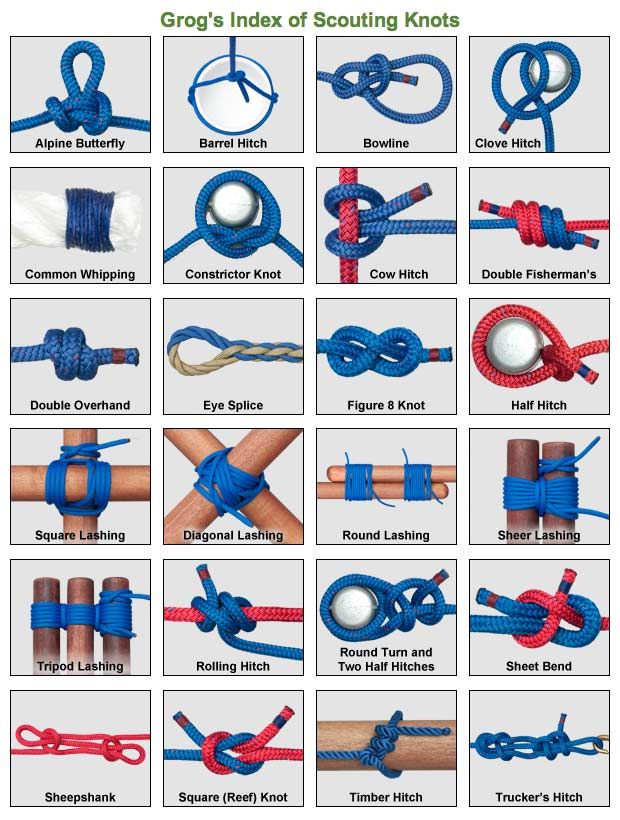
Hook a strap through the front of the ATV frame and pull it back so you can attach it to the back of the trailer or truck. Then run another of them through the back of the frame and attach it to the front of the trailer or truck. This should create an X shape on the sides of the ATV, crisscrossing the straps.
This is a particularly strong method of securing your ATV as the pulling back of the straps holds the ATV down tighter.
Image from www.utvactionmag.com
1. Avoid the Axle.
Don't fasten the straps over an ATVs axle because the force could damage it.
2. What You Want to Achieve.
You want to ensure the ATV cannot roll, shift, fall, or topple even on bumpy roads and in quick stops.
You want to ratchet the straps until you can see them forcing the ATV lower to the trailer or truck a time or two and stop there. Making it tighter is not necessary and could increase the chances of breaking the strap.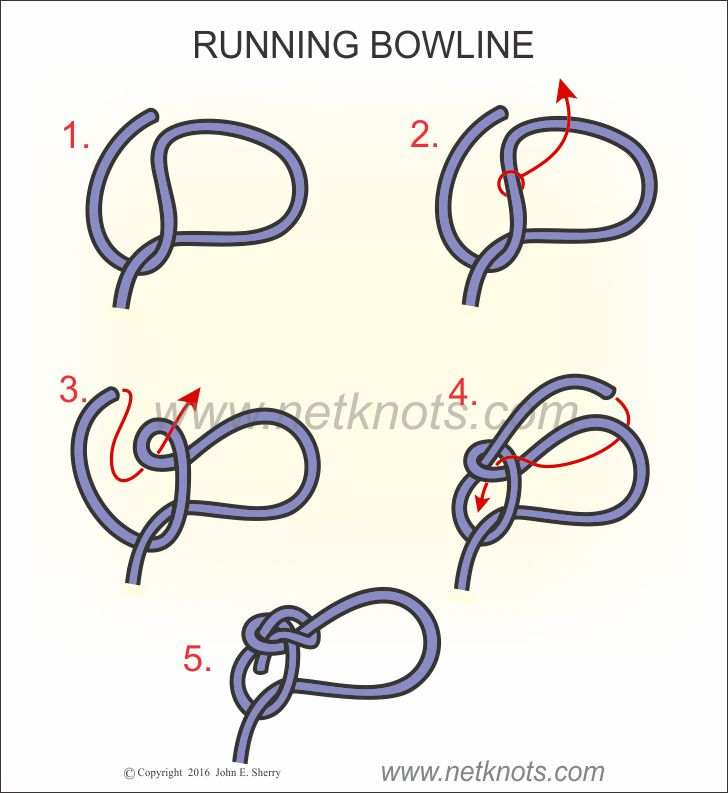
Tighten the straps equally. If they are tightened unevenly, the loosest one will allow movement in the ATV that will loosen the hold. You may find your strap completely untied or your ATV moved when you stop, or worse.
3. Where to Attach the Straps.
The truck or trailer should come with built-in eyelets or other tie-down spots. if it doesn't, you can have some welded in without much expense. While you're waiting to add some tie-down spots, you can probably find sturdy places in the truck or trailer to secure the straps.
Make sure any tie-down spots you use are strong and immobile. Don't use a vehicle's bumper, luggage rack, or anything else that isn't 100% secure, strong, and reliable. Even a well-maintained bumper, etc. moves a little and this movement while the vehicle is in transit could also jostle the ATV enough to loosen the straps.
Wrap any excess strap around itself and tie it so it doesn't blow around in the wind and beat up anything.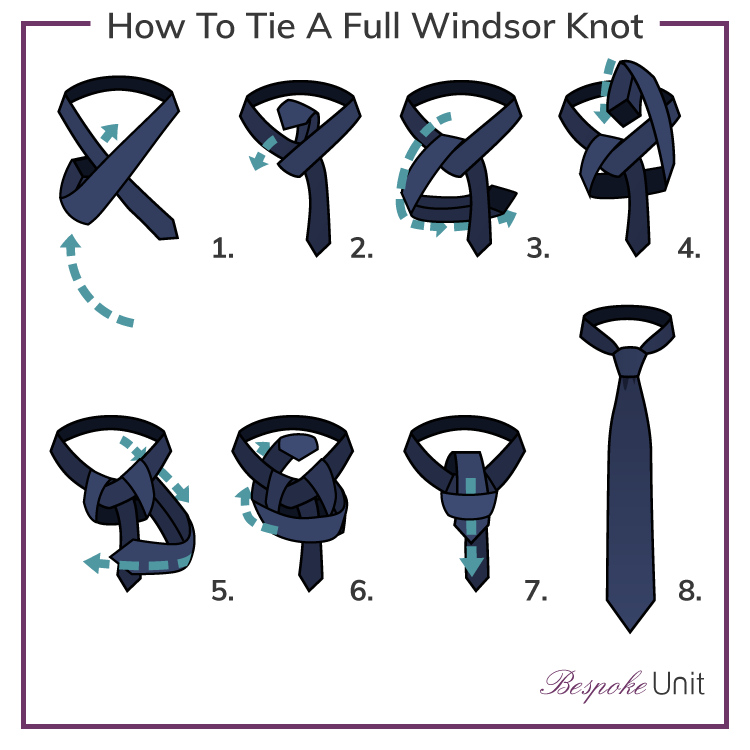
4. Final Points.
Ensure the ATV is in neutral with the parking brake on.
Many people find that no matter how tight they ratchet the straps, there is still some loosening when they get on the road. You can stop after say about five miles down the road to give the straps a little more tightening.
You can purchase custom ATV chains to securely tie down an ATV and to prevent theft. It requires more expense than ratchet straps, but you might feel more secure with them and consider it a sound investment to prevent the cost of someone stealing your ATV if you'll be leaving the ATV on the trailer or truck bed.
There are also trailer add-ons you can use, curved metal bars that lock over your ATV's front tires. These are great options if you will only be using the trailer the haul your ATV.
HIT
ENDURO LIGHT Graphite
the most durable
458 EUR
HIT
ENDURO Camogrey
the most durable
657 EUR
ENDURO Graphite
the most durable
279 EUR
HIT
ENDURO Graphite
the most durable
657 EUR
-28%
AQUAMASTER-ZIP LIGHT Camogrey
with central zipper
598 EUR
430.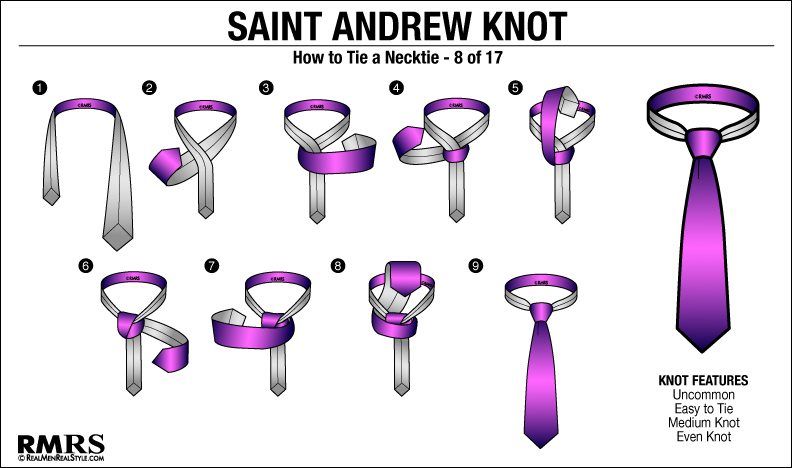 40 EUR
40 EUR
HIT
ENDURO LIGHT Camogrey
the most durable
458 EUR
-12%
AQUAMASTER LIGHT Red
reliability & comfort
438 EUR
386.20 EUR
NEODRY Black
NEOPRENE SOCKS
17 EUR
11.90 EUR
ENDURO Camogrey
the most durable
279 EUR
AQUAMASTER Blue
reliability & comfort
647 EUR
-20%
HIT
AQUAMASTER Red
reliability & comfort
259 EUR
207.20 EUR
-40%
HIT
AQUAMASTER Orange
reliability & comfort
259 EUR
155.40 EUR
AQUAMASTER Red
reliability & comfort
677 EUR
ENDURO BF Camogrey
bootfoot waders
528 EUR
ALL SEASON Black
HIGH-ACTIVITY THERMAL UNDERWEAR
69 EUR
ENDURO BF Camogrey
bootfoot waders
329 EUR
MUDWAY Graphite
RELIABLE JACKET
179 EUR
MUDWAY Camogrey
RELIABLE JACKET
179 EUR
NEOSENSOR Camoarmy
SEMI FINGERLESS GLOVES
12 EUR
8.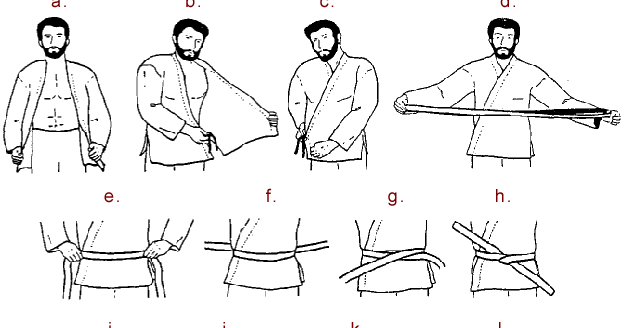 40 EUR
40 EUR
MUDWAY Red
RELIABLE JACKET
179 EUR
Explore all
Select a country
United States | Canada | Germany | Lithuania | Latvia | Estonia
Afghanistan
Albania
Algeria
Andorra
Angola
Anguilla
Antarctica
Antigua and Barbuda
Argentina
Armenia
Aruba
Australia
Austria
Azerbaijan
show more
Bahamas
Bahrain
Bangladesh
Barbados
Belarus
Belgium
Belize
Benin
Bermuda
Bhutan
Bolivia
Bosnia and Herzegowina
Botswana
Bouvet Island
Brazil
British Indian Ocean Territory
British Virgin Islands
Brunei Darussalam
Bulgaria
Burkina Faso
Burundi
show more
Cambodia
Cameroon
Canada
Cape Verde
Cayman Islands
Central African Republic
Chad
Chile
China
Christmas Island
Cocos Islands
Colombia
Comoros
Congo
Cook Islands
Costa Rica
Cote D'ivoire
Croatia
Cuba
Cyprus
Czechia
show more
Denmark
Djibouti
Dominica
Dominican Republic
East Timor
Ecuador
Egypt
El Salvador
Equatorial Guinea
Eritrea
Estonia
Ethiopia
show more
Faeroe Islands
Falkland Islands
Fiji
Finland
France
French Antarctic
French Guiana
French Polynesia
show more
Gabon
Gambia
Georgia
Germany
Ghana
Gibraltar
Greece
Greenland
Grenada
Guadeloupe
Guatemala
Guinea
Guinea-bissau
Guyana
show more
Haiti
Heard and McDonald Islands
Honduras
Hong Kong
Hungary
Iceland
India
Indonesia
Iran
Iraq
Ireland
Israel
Italy
show more
Jamaica
Japan
Jordan
Kazakhstan
Kenya
Kiribati
Korea (North)
Korea (South)
Kuwait
Kyrgyzstan
show more
Laos
Latvia
Lebanon
Lesotho
Liberia
Libya
Liechtenstein
Lithuania
Luxembourg
show more
Macau
Macedonia
Madagascar
Malawi
Malaysia
Maldives
Mali
Malta
Marshall Islands
Martinique
Mauritania
Mauritius
Mayotte
Mexico
Micronesia
Moldova
Monaco
Mongolia
Montenegro
Montserrat
Morocco
Mozambique
Myanmar
show more
Namibia
Nauru
Nepal
Netherlands
Netherlands Antilles
New Caledonia
New Zealand
Nicaragua
Niger
Nigeria
Niue
Norfolk Island
Norway
show more
Pakistan
Palau
Palestine
Panama
Papua New Guinea
Paraguay
Peru
Philippines
Pitcairn Islands
Poland
Portugal
Puerto Rico
show more
Reunion
Romania
Russia
Rwanda
Saint Helena
Saint Kitts and Nevis
Saint Lucia
Saint Vincent and the Grenadines
Saint-Pierre and Miquelon
Samoa
San Marino
Saudi Arabia
Senegal
Serbia
Seychelles
Sierra Leone
Singapore
Slovakia
Slovenia
Solomon Islands
Somalia
South African Republic
South Georgia and the South Sandwich Islands
Spain
Sri Lanka
Sudan
Suriname
Svalbard and Jan Mayen Islands
Swaziland
Sweden
Switzerland
Syria
show more
Taiwan
Tajikistan
Tanzania
Thailand
Togo
Tokelau
Tonga
Trinidad and Tobago
Tunisia
Turkey
Turkmenistan
Turks Caicos Islands
Tuvalu
show more
U.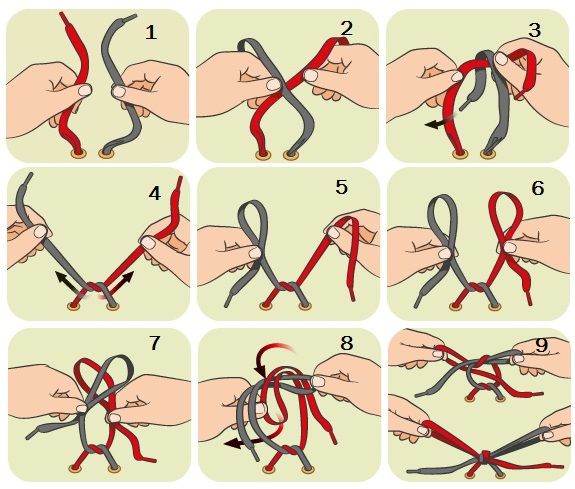 S. Virgin Islands
S. Virgin Islands
United States
Uganda
Ukraine
United Arab Emirates
United Kingdom
Uruguay
Uzbekistan
show more
Vanuatu
Vatican City
Venezuela
Viet Nam
Wallis and Futuna Islands
Western Sahara
Zaire
Zambia
Zimbabwe
{{#DETAIL_PAGE_URL}} {{SECTION_NAME}} {{NAME}} {{/DETAIL_PAGE_URL}}
Color: {{COLOR}}
{{#IS_SIZE}} Size: {{{SIZE}}} {{/IS_SIZE}}
Quantity:
Only {{AVAILABLE_QUANTITY}} left
{{#SHOW_DISCOUNT_PRICE}}
{{{SUM_FULL_PRICE_FORMATED}}}
{{/SHOW_DISCOUNT_PRICE}}
{{{SUM_PRICE_FORMATED}}}
{{/GIFT}} {{#GIFT}}
{{/GIFT}} {{/EMPTY_BASKET}} {{#EMPTY_BASKET}}
Your basket is empty
{{/EMPTY_BASKET}}
{{/FREE_SHIPPING}} {{#FREE_SHIPPING}}Free shipping available
{{/FREE_SHIPPING}}{{^FREE_SHIPPING}}
{{{FREE_SHIPPING_PERCENT}}}%
{{/FREE_SHIPPING}}
{{{FREE_SHIPPING_PRICE}}}
CHECKOUT {{{PRICE_FORMATED}}}
{{/EMPTY_BASKET}} {{#EMPTY_BASKET}} {{/EMPTY_BASKET}}Continue shopping
Your cart:
Your basket is empty
11/18/2021
In this article we will answer the questions:
There are four ways to load an ATV into a trailer:
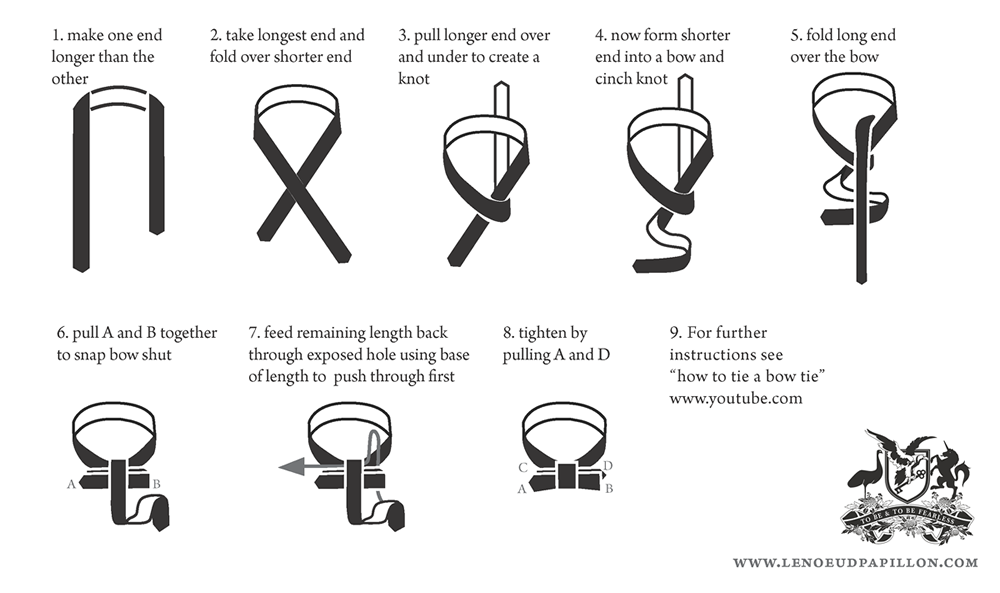 The safest, but longest way. It can also come in handy in case of a malfunction of the ATV.
The safest, but longest way. It can also come in handy in case of a malfunction of the ATV.
Driving an ATV into the trailer MZSA 817702.001-05 with a plastic cover (body 2.45 × 1.5 m):
Quad bike entry into trailer MZSA 817717.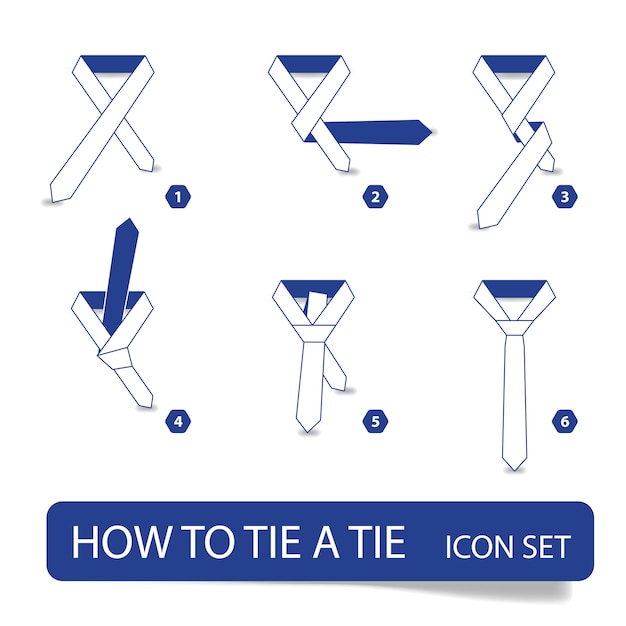 001-05 (body 3.45 × 1.5 m):
001-05 (body 3.45 × 1.5 m):
Let's analyze all the methods in a little more detail.
Usually they do it because someone they know does it. It is the same with fastening a boat with a winch on a boat trailer. If you open the instructions for absolutely any winch, you can make sure that it is forbidden to use it for securing cargo, and this can lead to the failure of the winch. You will need to spend both money and time to repair the winch, and the first question in the service center will be about exactly how you used it. The second disadvantage of this method of fastening is that the rear of the ATV remains without fixation. Also, the friction of the cable on the drawbar harms both the cable and the galvanization on the drawbar.
The second disadvantage of this method of fastening is that the rear of the ATV remains without fixation. Also, the friction of the cable on the drawbar harms both the cable and the galvanization on the drawbar.
There are specialized mounts for ATVs. Previously (years until 2020) SuperClamp ATV/UTV mounts were made in Canada:
Also in Russia, until 2022, they produced Quadrofix mounts (similar to the American ATV Mighty TiTe Tensioner):
Quadrofix is currently out of production, we are selling the last copies.
These fasteners are good for fixing speed, the ability to maintain the ideal weight distribution in the trailer, and aesthetics. Their only drawback is the cost.
The most popular way to attach an ATV to a trailer.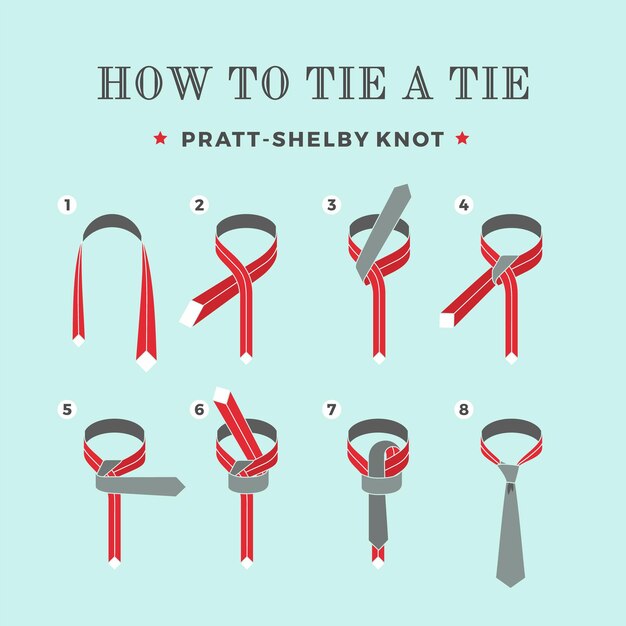 Reliable, cheap and fast enough. This is how we fasten ourselves. To do this, you will need 2 tie-down straps. Belts 25 mm wide are sufficient, but keep in mind that the ratchet mechanism of wide (50 mm) belts is more reliable.
Reliable, cheap and fast enough. This is how we fasten ourselves. To do this, you will need 2 tie-down straps. Belts 25 mm wide are sufficient, but keep in mind that the ratchet mechanism of wide (50 mm) belts is more reliable.
An example of the correct method of fastening (winding the belt on the shaft is redundant - more on that below):
You can also attach the ATV with straps to the wheels. For example, with the help of belts for a car transporter, a "bone" belt, or by passing the belt through rims. These are longer and more easily soiled methods.
 "Loops" around the load should always be zero.
"Loops" around the load should always be zero. If you have any questions, we will be happy to answer them - write comments. And of course, we have a whole section with trailers for transporting an ATV, which you can buy from us at a profit.
Tags: ATV trailers
Do I need to register a hitch MZSA trailers update and new modifications.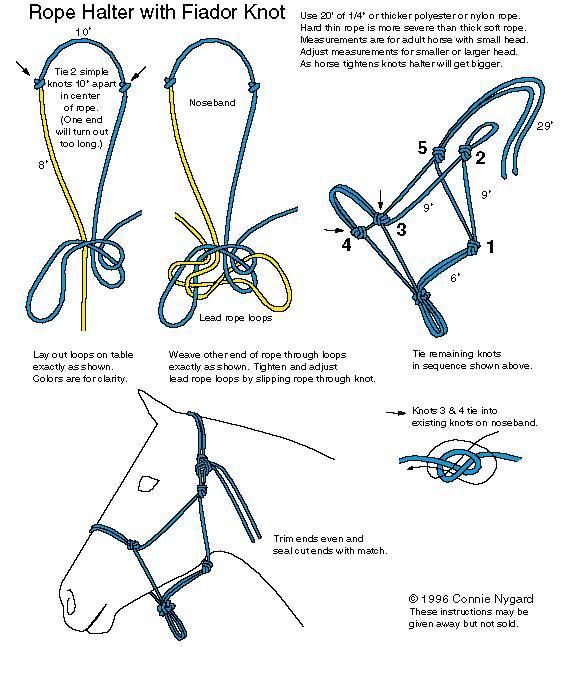
No comments yet
Write a commentTop
Segway Powersports is a subsidiary of the Segway-Ninebot Group, the world leader in smart mobility. Its products are known worldwide and sold in more than 100 countries. These are high-tech all-terrain vehicles, robots, go-karts, gyro scooters, scooters and other equipment. In addition, today Segway produces all-wheel drive motorcycles with innovative design and high-tech stuffing.
Introducing the Segway Snarler AT6 L mid-size, long wheelbase ATV.
The quad is equipped with a modern single-cylinder engine with performance levels on par with its more expensive American and Canadian counterparts. Single-cylinder, 4-stroke power plant (DOHC) with direct fuel injection and liquid cooling with a volume of 570 cc.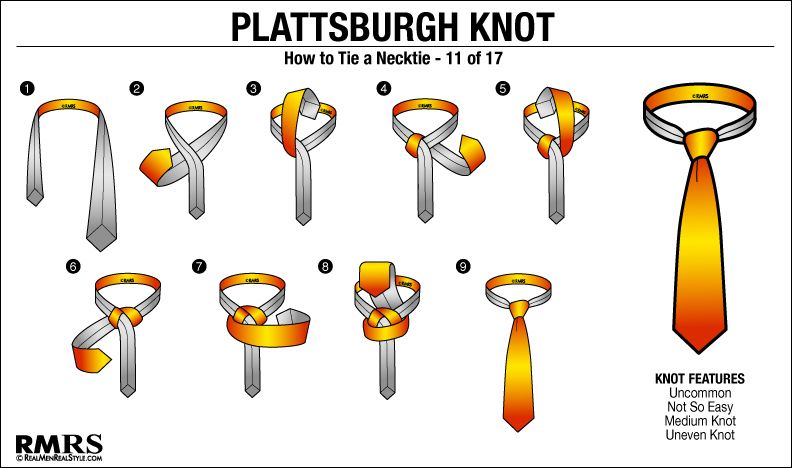 develops 44 hp. and an impressive 48 Nm of torque.
develops 44 hp. and an impressive 48 Nm of torque.
The Segway Snarler AT6 L is equipped with three-mode electric power steering. Segway's Smart EPS system is capable of operating in three modes - standard, comfort and sport, which are automatically adjusted according to traction conditions. Depending on the driving conditions, EPS selects one of three settings that you can choose from within the app.
The Segway Snarler AT6 L's independent front and rear suspension travel is an impressive 180mm and 210mm respectively. A ground clearance of 270 mm will allow you to overcome even the most difficult areas.
The ATV is equipped with gas charged shock absorbers with adjustable spring preload, compression and rebound adjustment. The use of such shock absorbers, in comparison with conventional ones, improves the contact of the wheels with the road surface while driving on different surfaces and speeds, which, in turn, has a positive effect on handling and safety.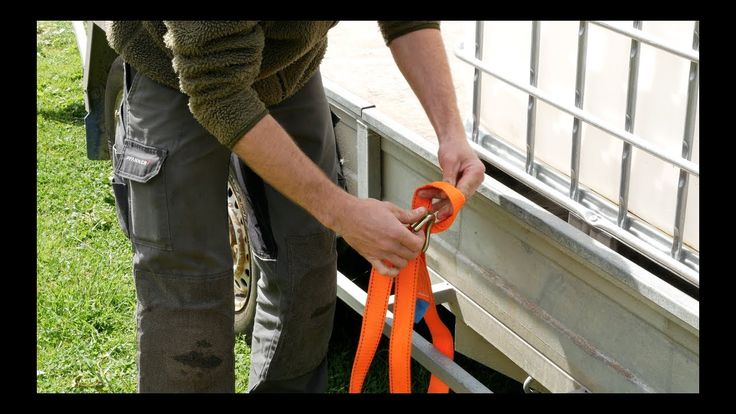
The Snarler has very powerful disc brakes with two-piston calipers on all wheels. The brake system is more efficient and more stable than competitive brake systems.
Depending on the coverage, you can drive with rear or all wheel drive. And the presence of locking front and rear differentials will make it easy to storm even the most severe off-road.
A major difference from competitors is the ability to unlock the rear differential (not on all versions). With the rear differential unlocked, it becomes much easier to control the ATV, especially on hard surfaces, because. the wheels have the ability to rotate in a turn at different angular speeds without creating resistance.
Below are pictures of the 4WD control panel and the front and rear differential locks.
The Segway Snarler AT6 L Space Frame is constructed from chrome molybdenum steel making it tough and reliable while maintaining a record low weight.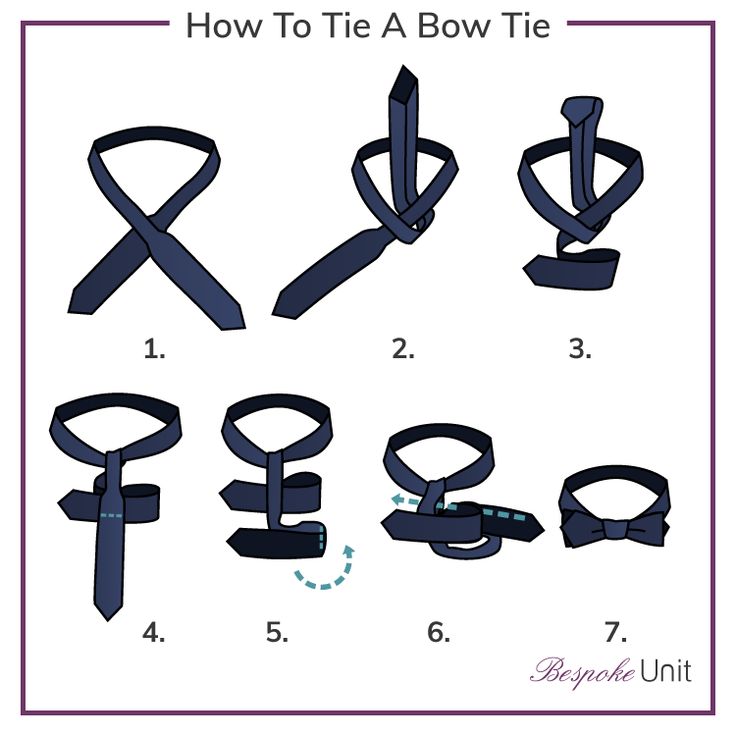 Also in the transmission is a CVTech CVT, which has proven itself well on the equipment of the Canadian company Can-Am.
Also in the transmission is a CVTech CVT, which has proven itself well on the equipment of the Canadian company Can-Am.
Transmission - variator, gearboxes, drives - are designed for operation of a pair of internal combustion engines and an electric motor. When using a hybrid power plant, the power and torque transmitted through the transmission are almost 2 times greater than when using the internal combustion engine alone. This means that when using only internal combustion engines on an ATV, all transmission units have an increased margin of safety.
For complete control over all parameters of the Segway Snarler AT6 L, you can use the Smart Commanding System (SCS), which is controlled using a regular smartphone and, included in the standard equipment of the ATV, the T-Box terminal. Directly from the screen of your mobile device, you can use the functions of the Air Lock immobilizer, adjust the electric power steering, see all the parameters of the ATV in real time, and much more.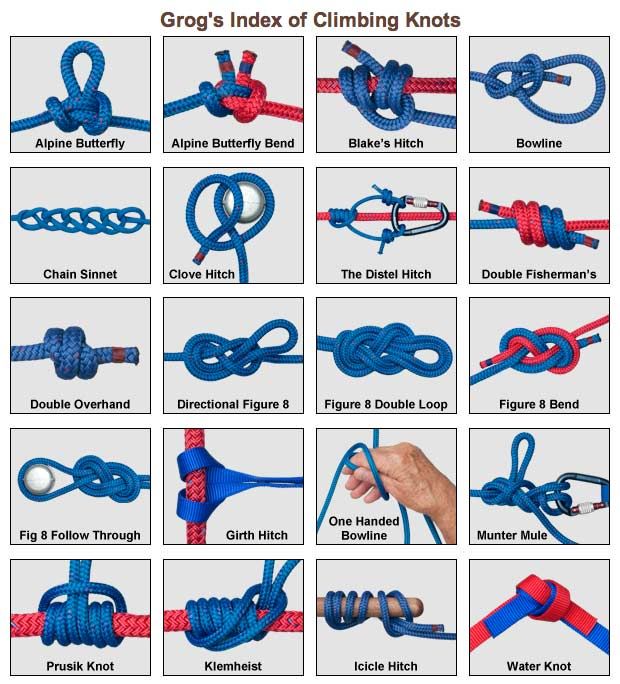
ENGINE
CHASSIS
TRANSMISSION
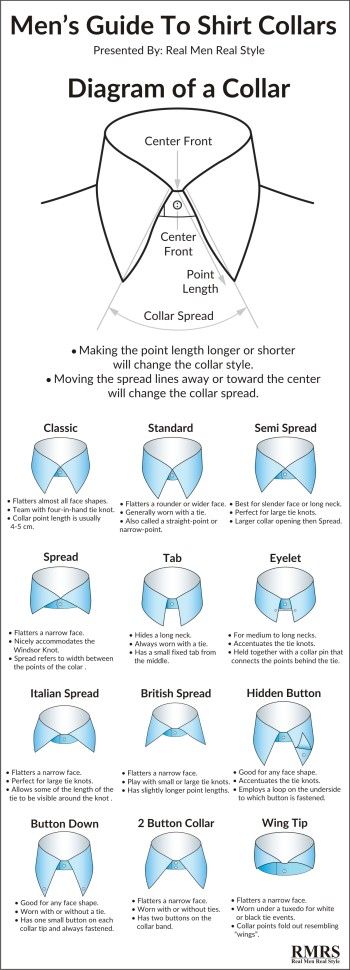 pendants 180 mm
pendants 180 mm OPTIONAL
| Polaris | BRP | Segway | CFMOTO | |
|---|---|---|---|---|
| Model | SP 570 | OUTL 570 | SNARLER AT6S | CFORCE 600 |
| Engine size | 567 | 570 | 570 | 580 |
| Max power | 44 | 48 | 44 | 41 |
| Tank capacity | 17 | 20.5 | 22.7 | 18 |
| Length | 211 | 211 | 230 | 223 |
| Width | 122 | 117 | 125 | 118 |
| Wheel base | 128 | 129 | 130 | 148 |
| Tires front/rear | 25/25-12 | 25/25-12 | 26/26-14 | 26/26-12 |
| ground clearance | 28 | 27 | 27 | 27 |
| Dry weight | 325 | 319 | 359 | 378 |
| Polaris | BRP | Segway | CFMOTO | |
|---|---|---|---|---|
| Model | SP 570 TOUR | OUTL 570 MAX | SNARLER AT6L | CFORCE 600EPS |
| Engine size | 567 | 570 | 570 | 580 |
| Max power | 44 | 48 | 44 | 41 |
| Tank capacity | 17 | 20.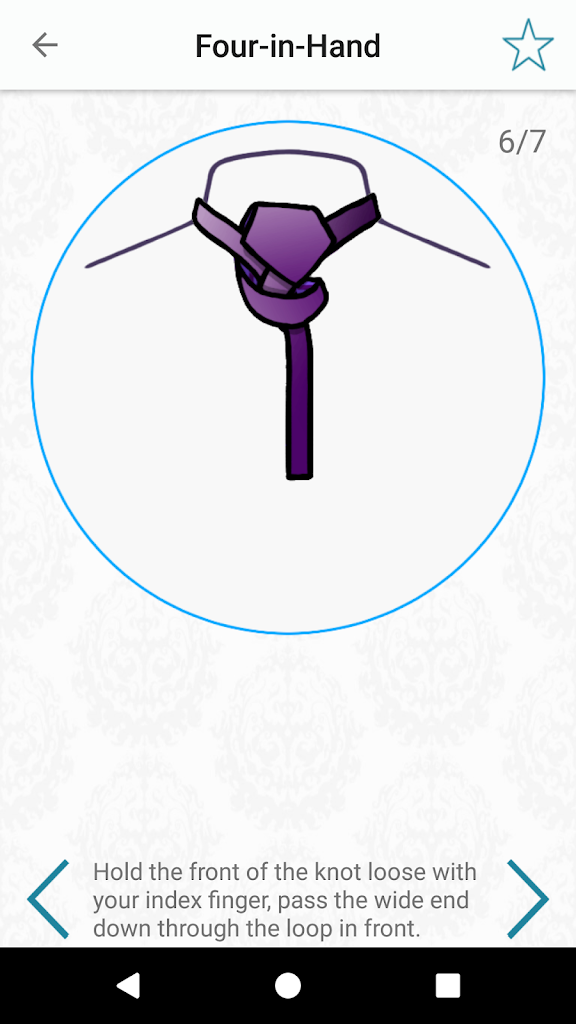 5 5 | 22.7 | 18 |
| Length | 218 | 231 | 242 | 223 |
| Width | 122 | 117 | 125 | 118 |
| Wheel base | 142 | 150 | 145 | 148 |
| Tires front/rear | 26/26-14 | 25/25-12 | 26/26-14 | 26/26-12 |
| ground clearance | 29 | 27 | 27 | 27 |
| Dry weight | 351 | 336 | 384 | 386 |
| Polaris | BRP | Yamaha | Kawasaki | |
|---|---|---|---|---|
| Model | SP850PR | OUTL 650PR | GR 700 | BF 750 |
| Engine size | 850 | 650 | 686 | 749 |
| Max power | 78 | 59 | 49 | 51 |
| Tank capacity | 20 | 20.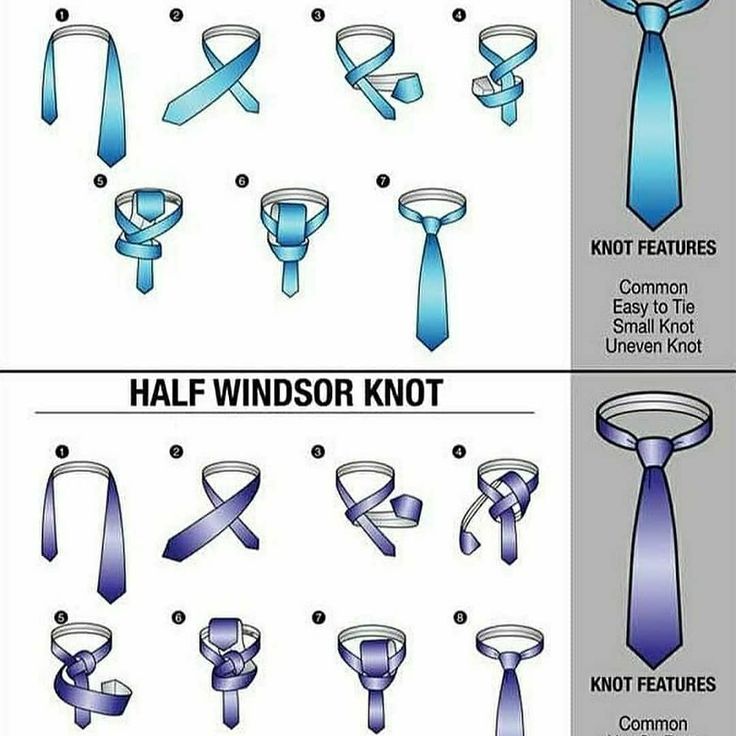 |